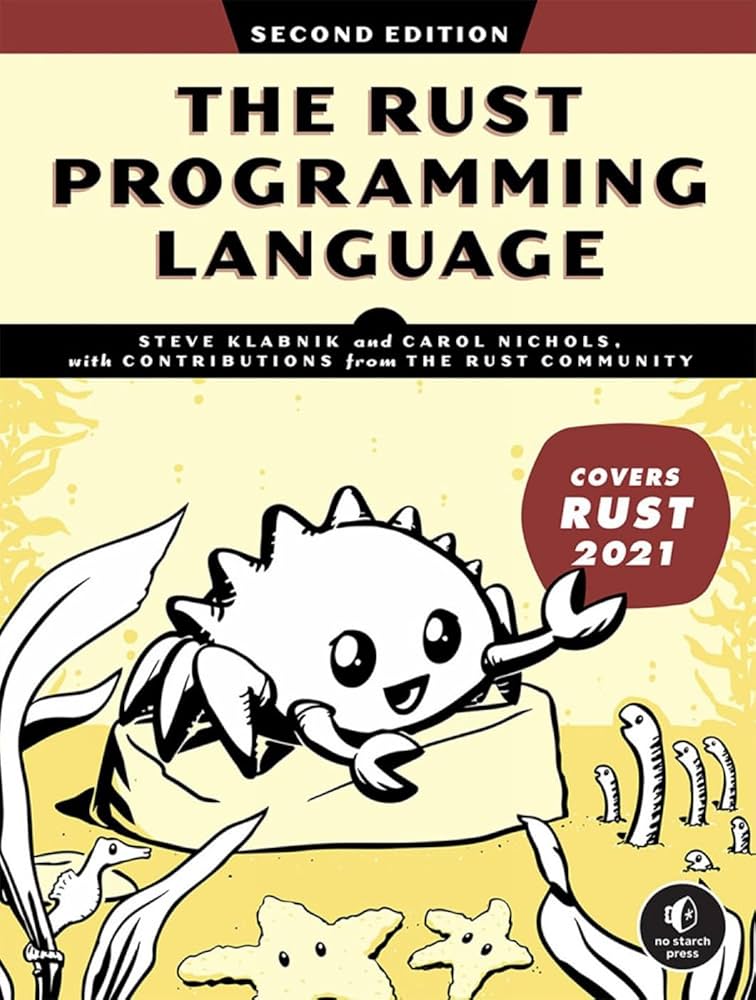- 83 Posts
- 129 Comments

 6·6 months ago
6·6 months agoSubscribed, I’d like a USA news community that tries to somewhat eschew politics. Yeah, politics seeps into everything, but seeking out news that doesn’t lean into it is valuable given how easy it is to find political news elsewhere on Lemmy.

 3·6 months ago
3·6 months agodiscuss.online would be a good candidate, but you’d want to get buy-in from @jgrim@discuss.online as well

 7·6 months ago
7·6 months agoGood timing, I was just wondering about the API and posted a question over there 👍

 3·6 months ago
3·6 months agoGood call, edited to add a warning

 33·6 months ago
33·6 months agoIs this a thread for recommending communities that aren’t politics, news, memes, or tech? If so, here’s some comic-related communities:
- !outofcontextcomics@lemmy.world
- !eurographicnovels@lemm.ee
- !smbc@midwest.social
- !oglaf@midwest.social (generally NSFW!)
- !peanuts@midwest.social
And a few other miscellaneous communities:
Admins can purge users/posts/comments, which actually deletes it from the server
Hell yeah, it’ll be nice to have an answer other than “🤷” for people that want embedded loops 👍
Wow, that was quick, amazing! 🥳
Cool, that’s good to hear. The good news is that if it comes down to parsing the HTML, that’s pretty straightforward. I’ve been poking at it, and it’s nice and semantic (gets turned into a regular
<video>element by JS:<video-player poster-src="https://loopsusercontent.com/videos/85319640150794240/96649242004583579/8yjZniSLk64lxIPomBfUzr5SwMXRKGWXyHpTLruN.jpg" video-src="https://loopsusercontent.com/videos/85319640150794240/96649242004583579/8yjZniSLk64lxIPomBfUzr5SwMXRKGWXyHpTLruN.720p.mp4" username="thomasdorr" profile-picture="https://loopsusercontent.com/avatars/85319640150794240/v0.jpg" caption="Snowing in #DuluthMN" tags="" likes="8" comments="1" />And hopefully it’ll get open source soon or have some way of filing bugs/feature requests. I saw that the dev created https://joinloops.org/ and is planning on putting a roadmap there soon.
Neat! Since it’s come up a lot in !loops@midwest.social, are there any plans on having loops embed as well? Do you know if that’s something the Lemmy devs would support once for everyone, or would every client have to add support for it?

 2·6 months ago
2·6 months agoThanks!

 13·7 months ago
13·7 months agoAny details about the system? Is it something off-the-shelf, or custom-made? Is it using something fancy like transformer models? I’m guessing that would be too expensive

 15·7 months ago
15·7 months agoWhat makes it nonsense?

 261·7 months ago
261·7 months agoSince I tried searching for the URL and didn’t find it, but happened to see this thread, you can see more info and sign up here:
C is definitely still king, but I wonder if crABI will eventually be able to dethrone it:
https://github.com/rust-lang/rust/issues/111423
If they can define a useful ABI that manages to include lifetimes, that might just be enough of an improvement to get people to switch over from assuming the C ABI everywhere.
What don’t you like about Cargo? Is there another package manager you like more?
Yeah, it’s totally not ready for that amount of influx. To be fair, it’s not even out of beta. I don’t think even the dev would claim it’s ready for that scale yet. Hopefully it’ll be ready the next time an event like that happens
The cool kids are forcing people to read this at gunpoint nowadays

The new build 11 released yesterday lets you see only loops from people you follow. There’s also a “For You” option that I assume will eventually do what you’re looking for. Right now it shows loops sorted by newest, like before





Kagi’s pretty good and has a Fediverse search feature, but it’s paid. I don’t mind paying, but there’s also no way to do private searches that way, so I’m not going to use it as my main search engine. It’s been good at hunting down memes on Lemmy that I want to find again though.